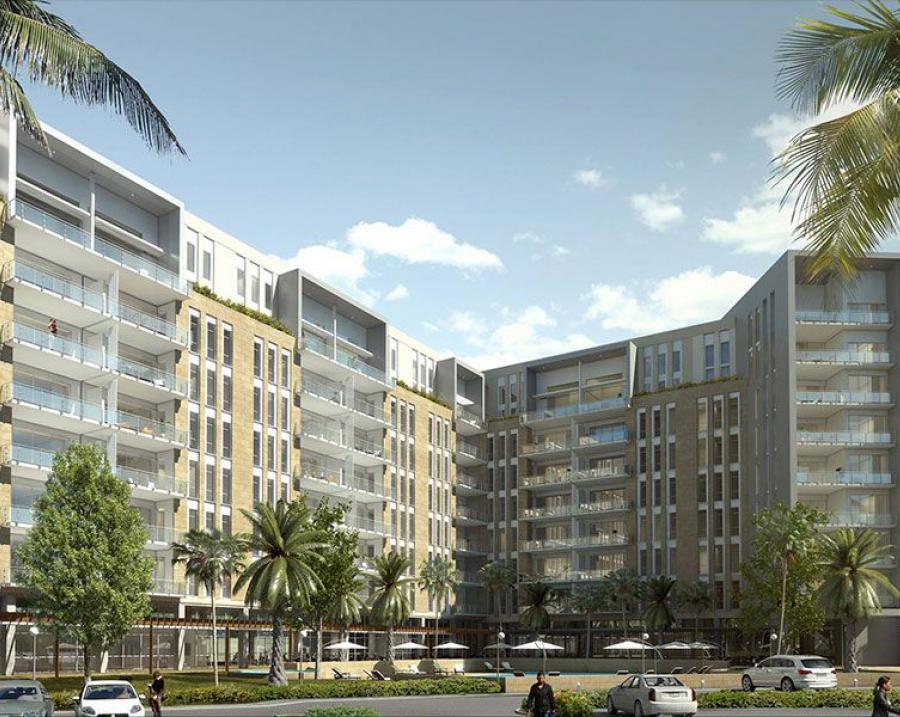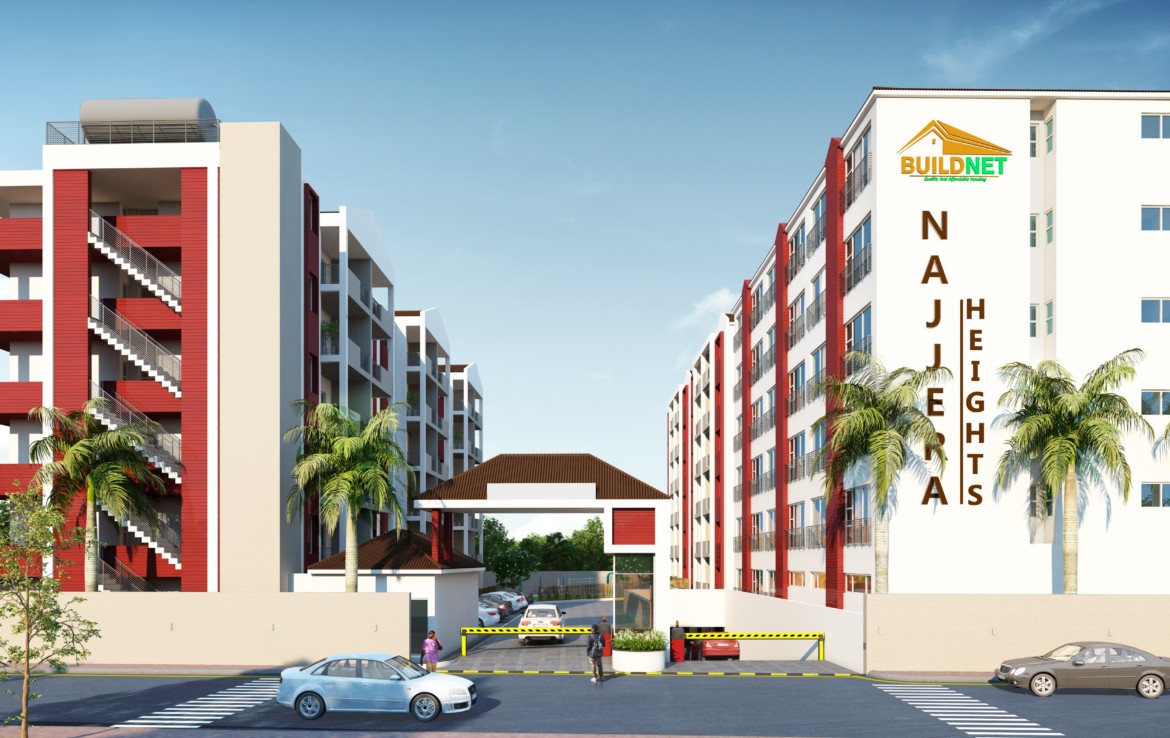A Blue print to guide African cities to adopt use of innovative digital technologies to deal with some of the pressing problems they face has been launched in Kigali, Rwanda. The blue print was launched during the just ended Transform Africa Summit 2017 that took place from May 10-12th.
The Blueprint provides a framework of policies and programmes that could be adopted in cities to make them smart and sustainable through integrating innovative technologies at all levels of service delivery and urban management. It puts technology at the centre of service delivery by both public and private actors in the cities.
According to Dr. Hamadoun Toure, executive director, Smart Africa, “cities are engines for economic growth, and particularly for the African continent that has experienced the highest urban growth during the last two decades-at 3.5per cent per year and this rate of growth is expected continue till 2050.”
He said it is anticipated that the share of the African urban population, which was at about 36 per cent in 2010, will increase to 50 per cent and 60 per cent by 2030 and 2050 respectively. With the growing need for urban management, there’s an increasing necessity for intelligent planning of cities to make informed decisions about the correct choice of infrastructure and supporting technology.
Transform Africa Summit is the annual African countries forum that brings together global and regional leaders from government, business and international organizations to collaborate on new ways of shaping, accelerating and sustaining Africa’s on-going digital revolution.
Geared towards connecting, innovating and transforming the continent into a knowledge economy hence driving global competitiveness and job creation, the Transform Africa Summit aims to enable Member States to become more competitive, agile, open and innovative smart economies with the most favourable business climates that attracts large-scale investments, reward entrepreneurship and enable fast growth and exports, leveraging ICT innovations to transform African nations into smart societies.
The first Transform Africa Summit took place in Kigali, Rwanda in 2013 under the auspices of Rwanda President Paul Kagame. One of the key outcomes of that first summit was the adoption of the Smart Africa Manifesto whose aim is to put Information Communication Technology at the centre of Socio-economic development agenda of member countries.
The manifesto aims to improve access to ICT especially Broadband ; to improve accountability, efficiency and openness through ICT promoting the introduction of advanced technologies in telecommunication ; to put Private Sector first ; and to leverage ICT to promote sustainable development.
“Urbanisation is a powerful driver of economic development and social mobility. It is also a catalyst for technological progress, as we see in cities globally. Africa is no exception. We are already home to the fastest growing cities. To get the cities we want, we must always keep the people we serve at the centre of our efforts,” Rwanda’s President Paul Kagame said.
Rwanda’s Minister of Youth and ICT, Jean Philbert Nsengimana pointed out that Smart Cities are interconnected, instrumented and intelligent which makes them smarter. He argued that Smart Cities recycle their waste, reuse materials and reduce the volume of waste thus becoming more sustainable.
The smart city blue print highlights the transformation of urbanisation for economic development, social integration and as a catalyst for technological progress. It lays down the principles for ‘Smart and Sustainable Cities’ implementation and how to manage and control these drivers.
Benefits of Smart Cities include: making cities competitive, efficient, safe, resilient, shared and co-created and liveable.
The Transform Africa Summit 2017 showcased some Africa home-grown, cutting-edge technologies, real-world solutions and proven strategies government leaders need, to build more liveable, workable, sustainable cities in each of the member coutries.
The summit explored how Smart Cities can respond to a growing number of challenges and issues related to water management, energy management, mobility & transport, housing & building, health, education, sustainable environments and public safety. In the continent’s cities.
According to studies conducted by Juniper Research of the UK some of the smartest cities in the world are: Singapore (Singapore), Barcelona (Spain), London (UK), San Francsco (US), Oslo (Norway)- being the top smartest cities in 2016.
“Smartness” is judged by the technological innovation that has gone into service delivery and management of the city. These include, for example, use of the smart energy grid, intelligent lighting, use of ICT to improve traffic, wifi access.













